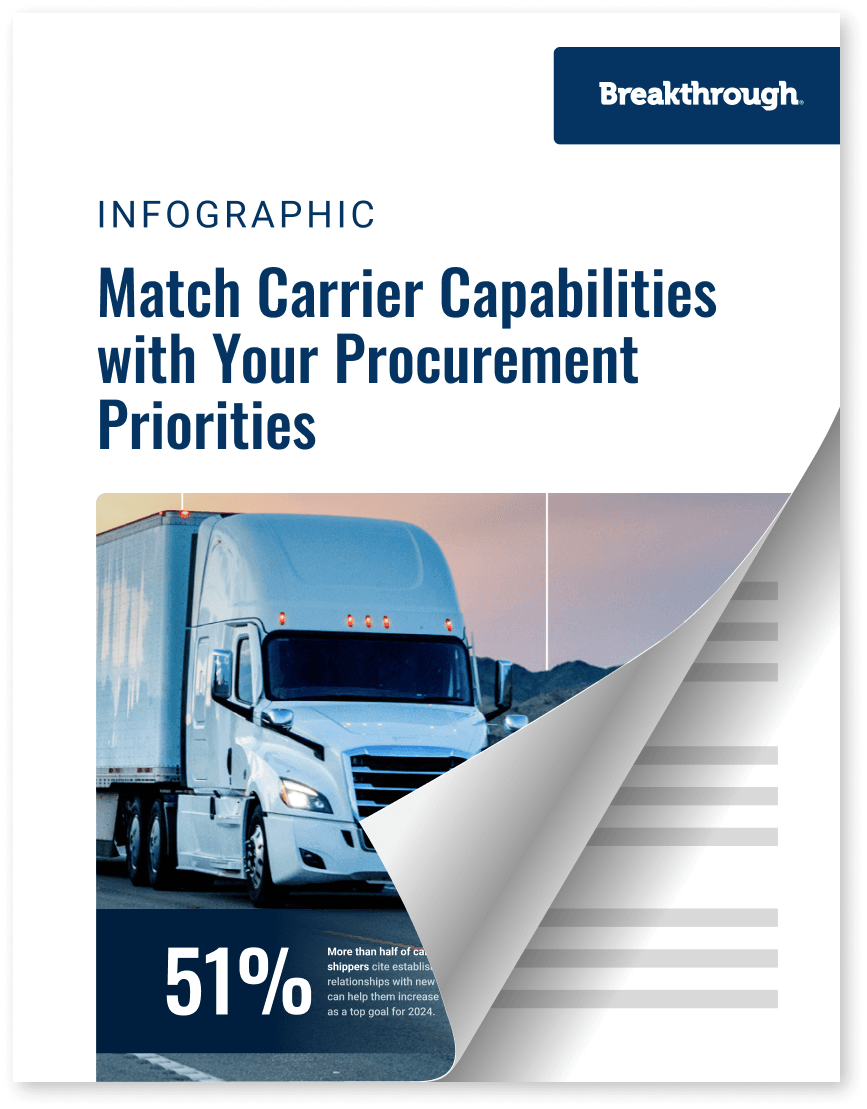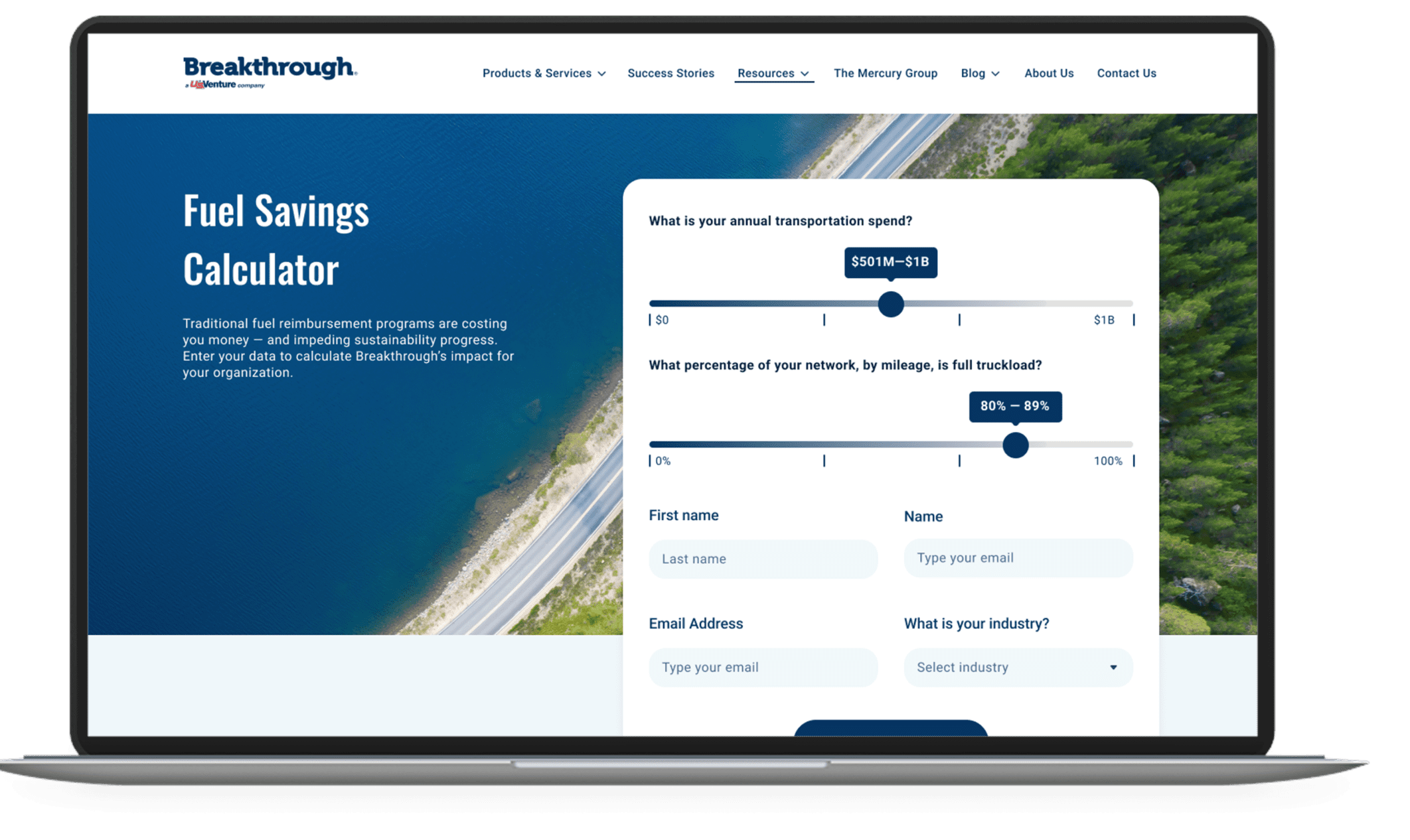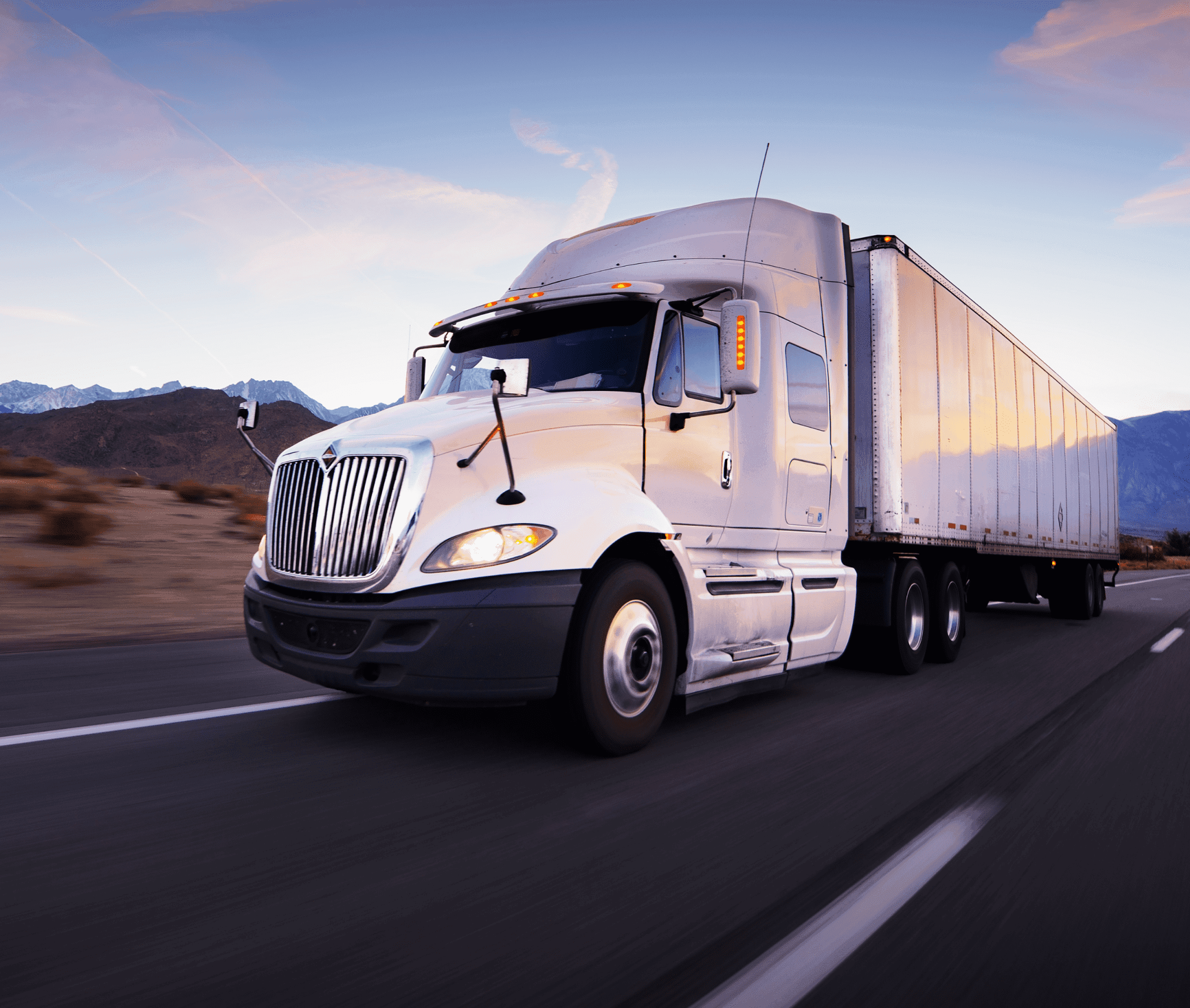Match Carrier Capabilities with Your Procurement Priorities

Fuel
2 min read
April 23, 2024
Freight
4 min read
April 22, 2024
Market Events
4 min read
April 19, 2024
Diesel fuel is a volatile cost and research shows it can comprise up to 30% of a shipper's transportation spend. Take control of this large spend with Breakthrough Fuel Recovery, the transportation industry's only market-based fuel reimbursement solution.

Breakthrough Fuel Recovery leverages real-time, lane-level data to calculate exact fuel reimbursements based on the specifics of your individual freight movements for every shipment in your network.
Accurate reimbursements between shippers and carriers
Eliminate inaccurate fuel surcharge programs
Establish baseline consumption to inform emissions reductions
Shippers have historically relied on a national average fuel price to reimburse their carriers. Fuel Recovery replaces this outdated fuel surcharge program and aligns to the actual cost of fuel for every movement, every day.
Traditional fuel reimbursement programs are costing you money — and impede sustainability progress. Breakthrough's Fuel Recovery solution calculates your exact fuel reimbursements based on the specifics of your individual freight movements. Enter your network data to calculate Breakthrough’s impact for your organization.

Well-managed carriers procure fuel at wholesale prices, but the DOE provides a retail index for diesel fuel. Fuel Recovery calculates reimbursements according to the price your carriers incur at the pump.
Wholesale diesel prices fluctuate frequently. Fuel Recovery clients capture daily fuel price changes, ensuring they always pay the right price according to the day of their shipment.
Over-the-road fuel taxes vary dramatically by state and make up a large portion of total diesel costs. Fuel Recovery accounts for taxes by state, the way carriers pay fuel taxes.
Diesel commodity costs vary substantially from one market to the next. Fuel Recovery accounts for the differences in regional pricing by calculating fuel prices specific to each lane your goods travel on.



Discover how Save A Lot partnered with Breakthrough to optimize their transportation network and achieve significant cost savings through Fuel Recovery.
Interested in learning more about implementing Fuel Recovery in your transportation network? Complete the form and we will reach out to schedule a demo.